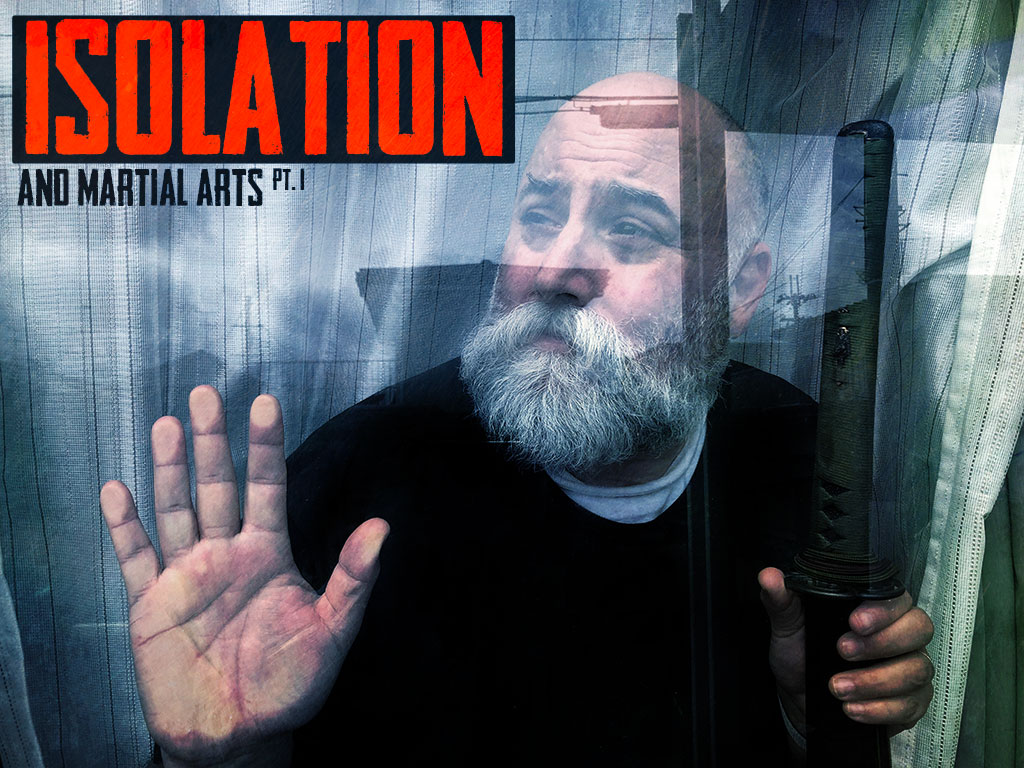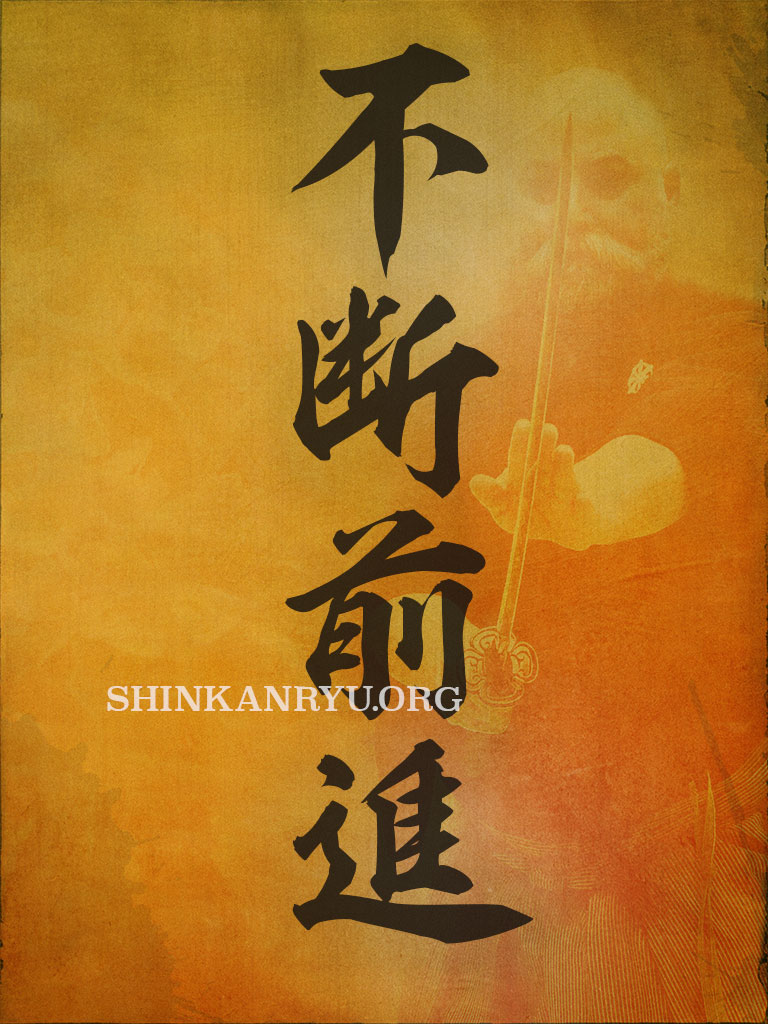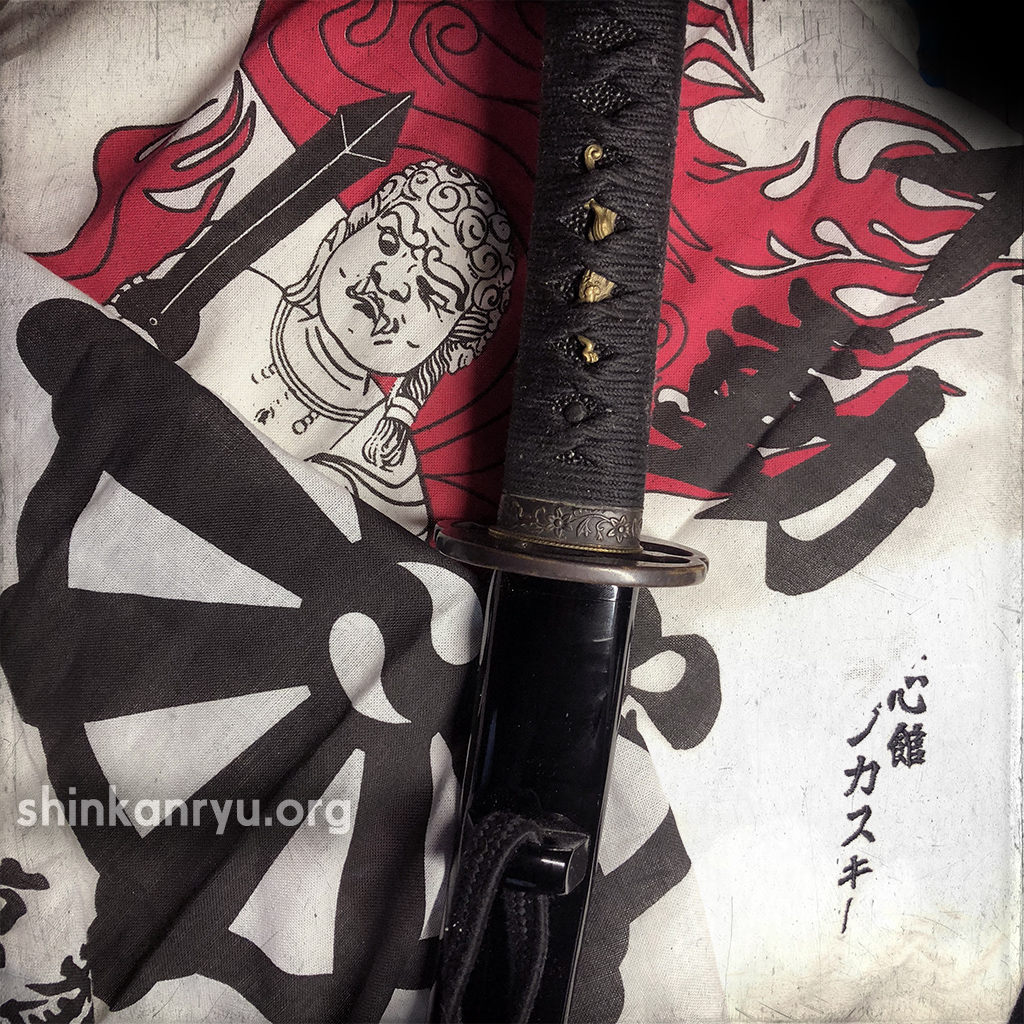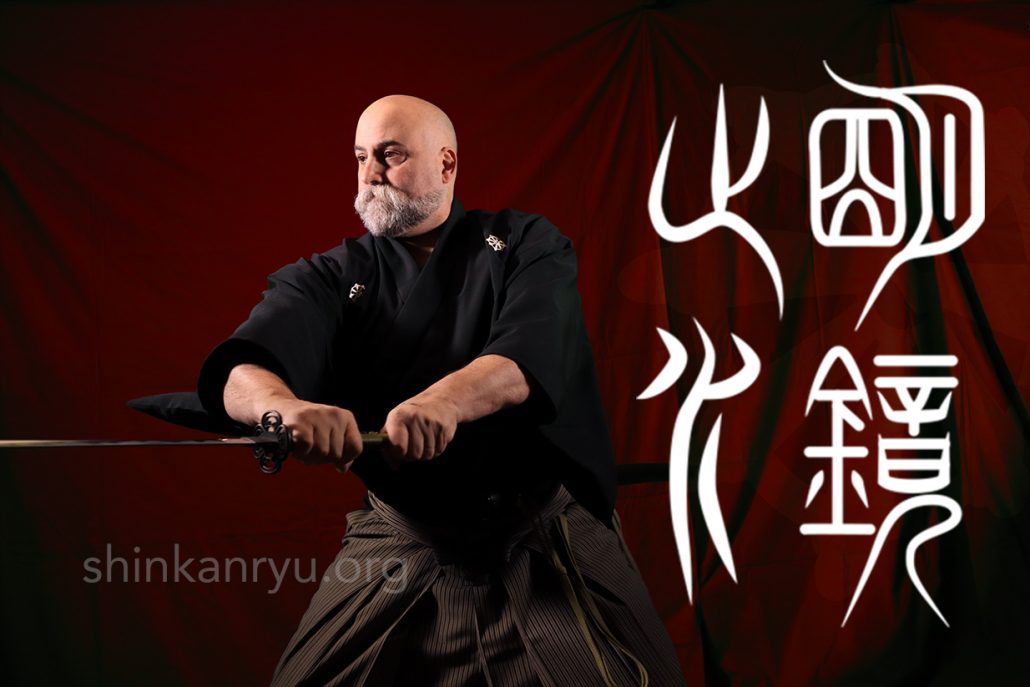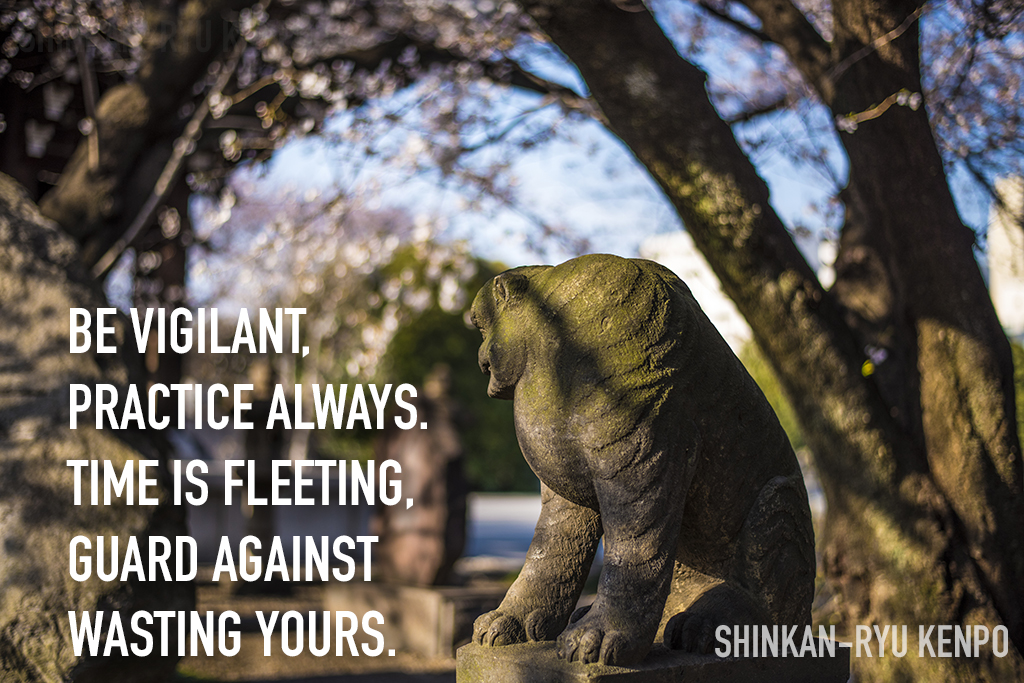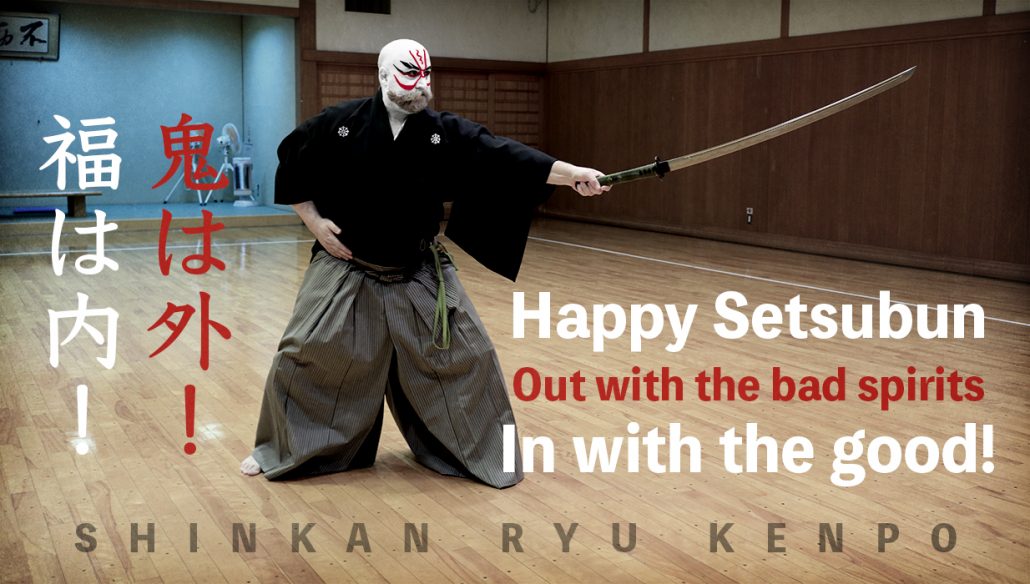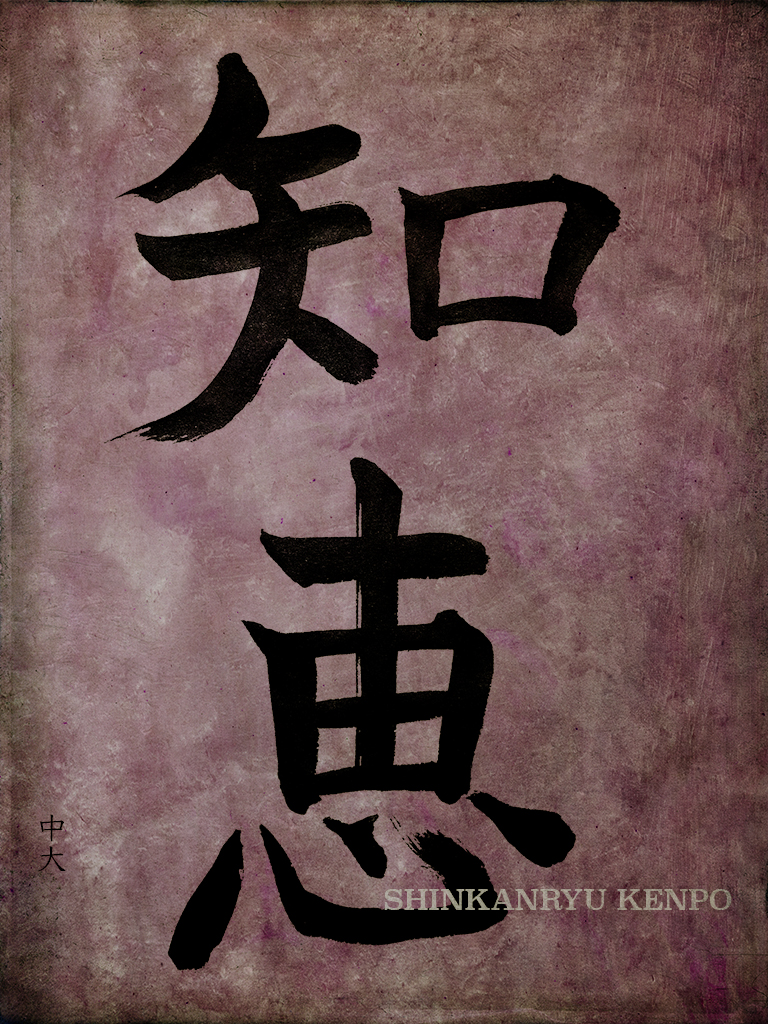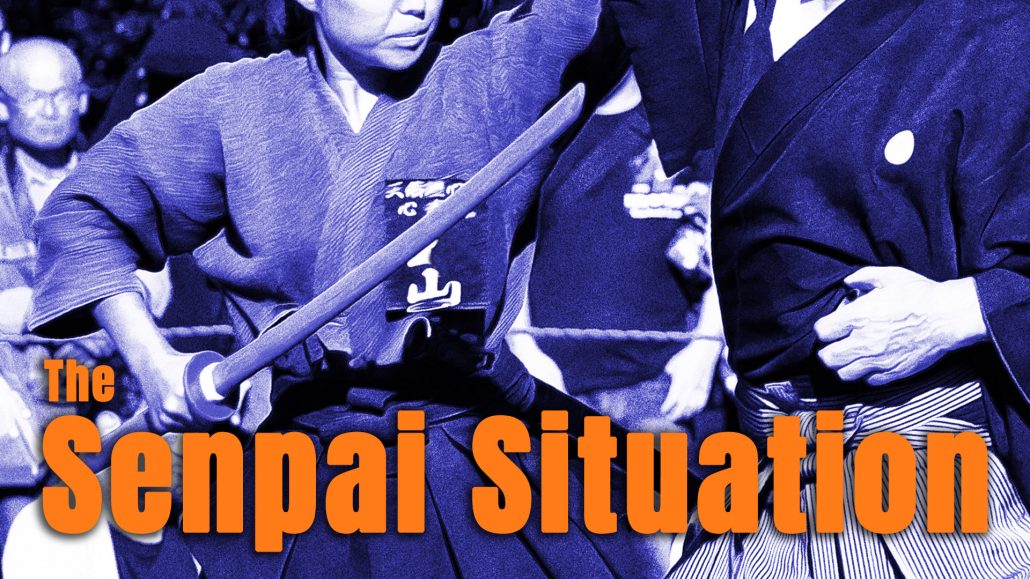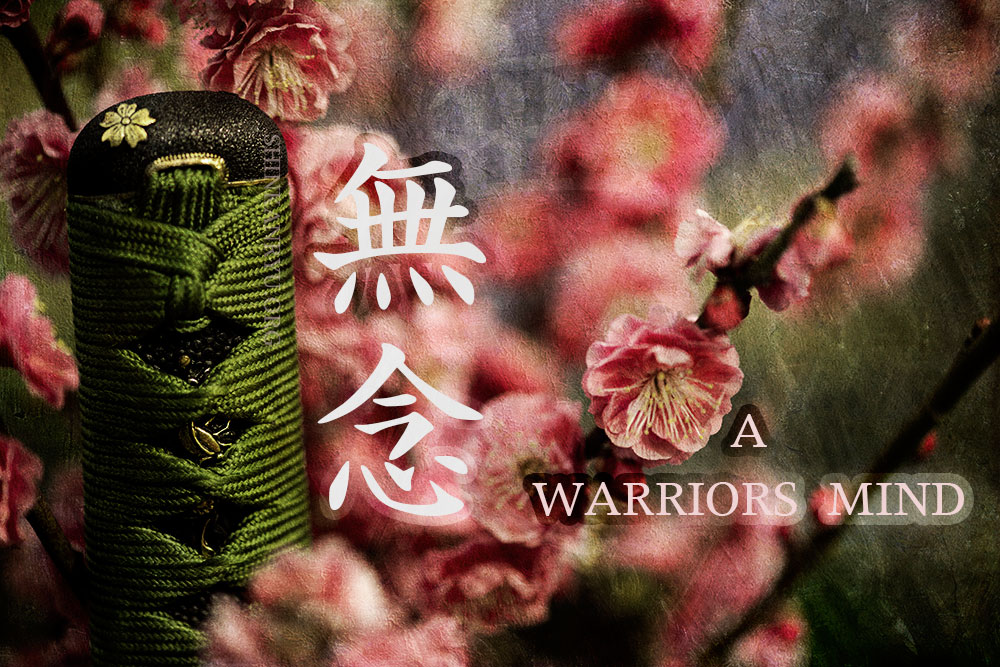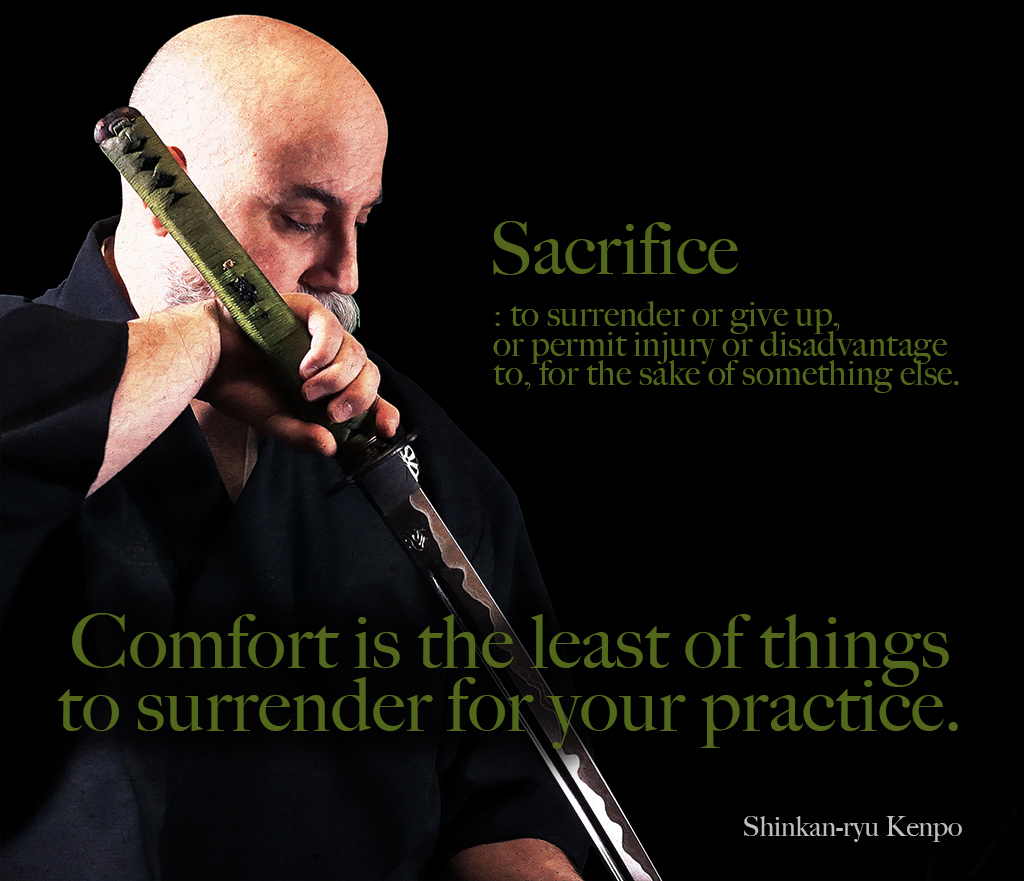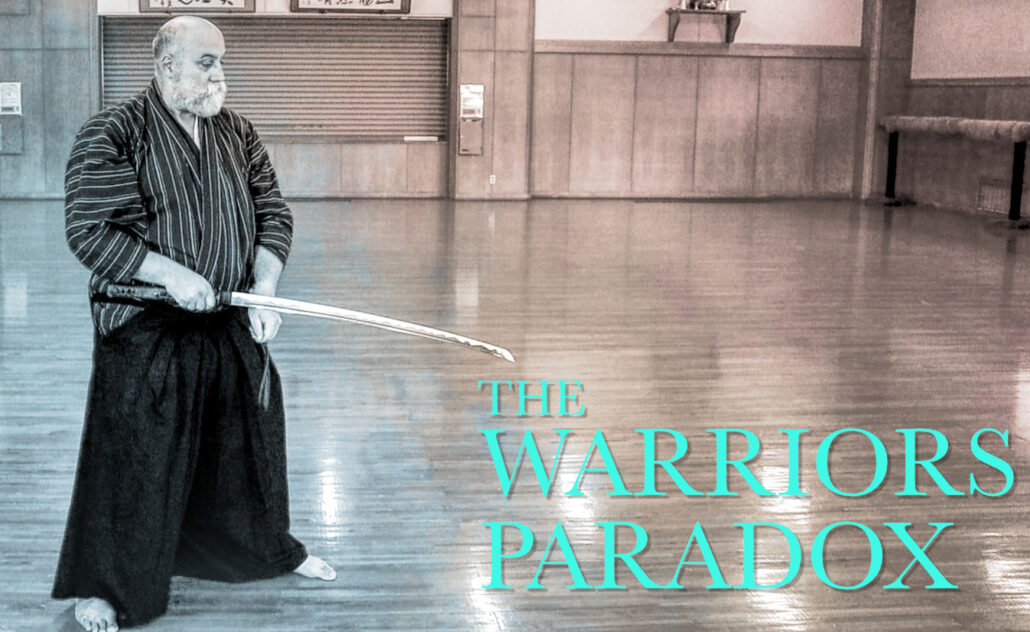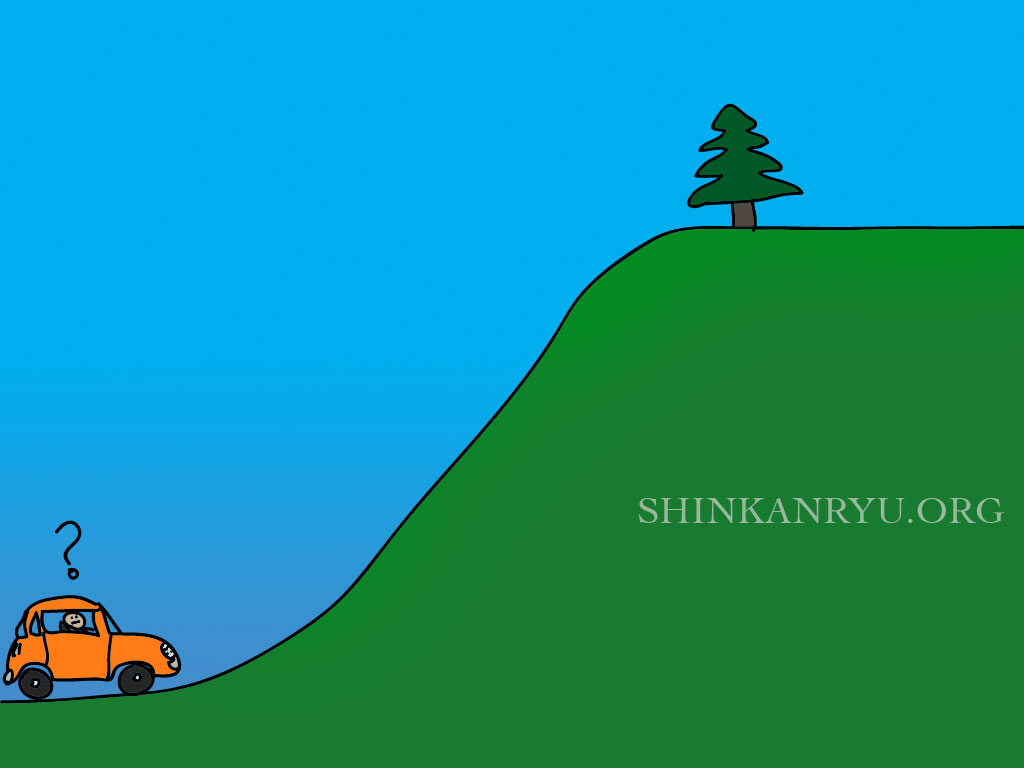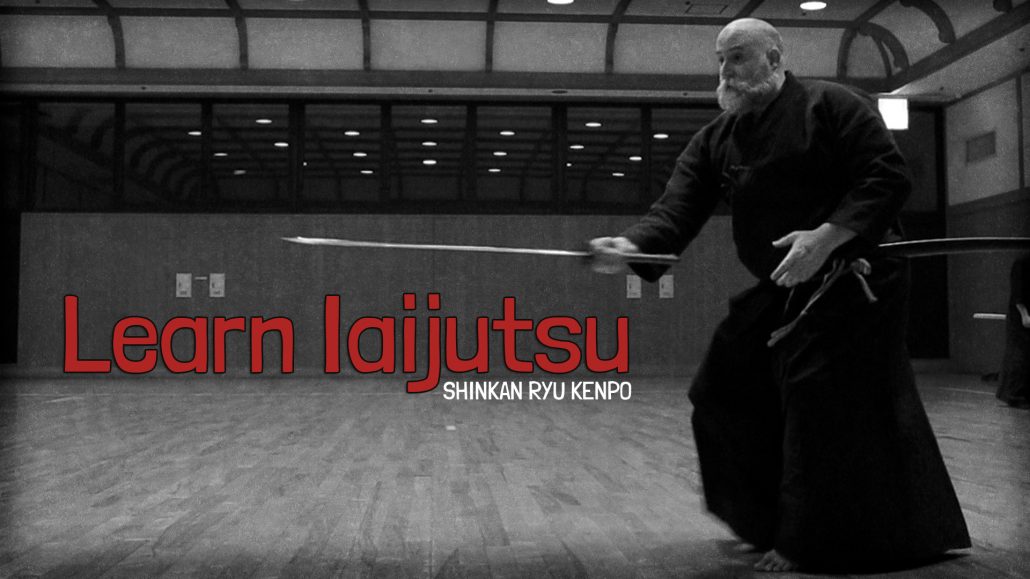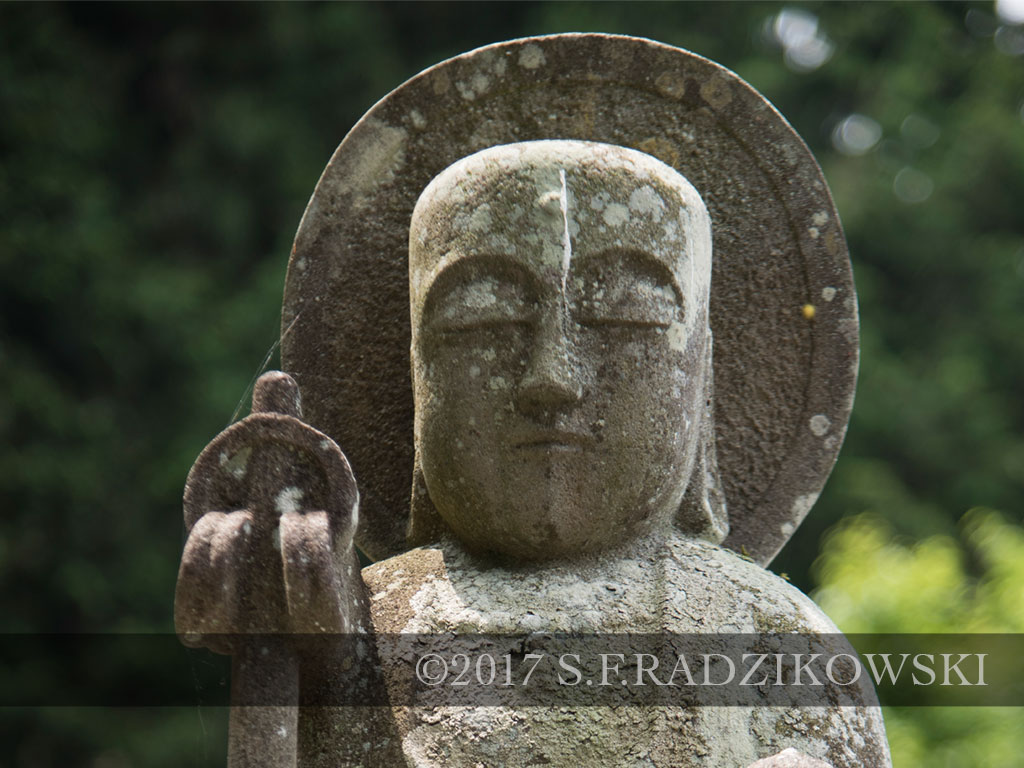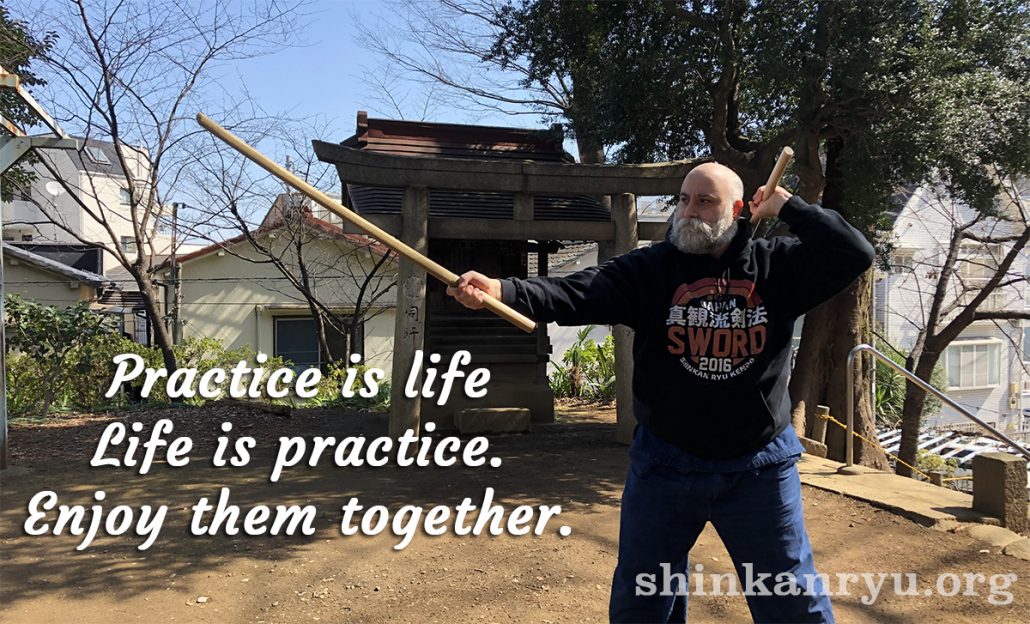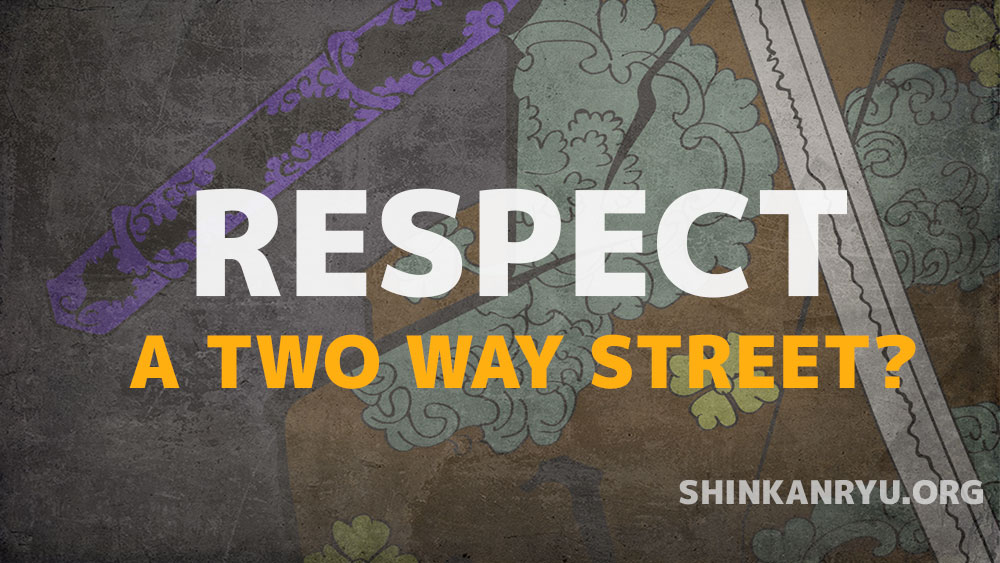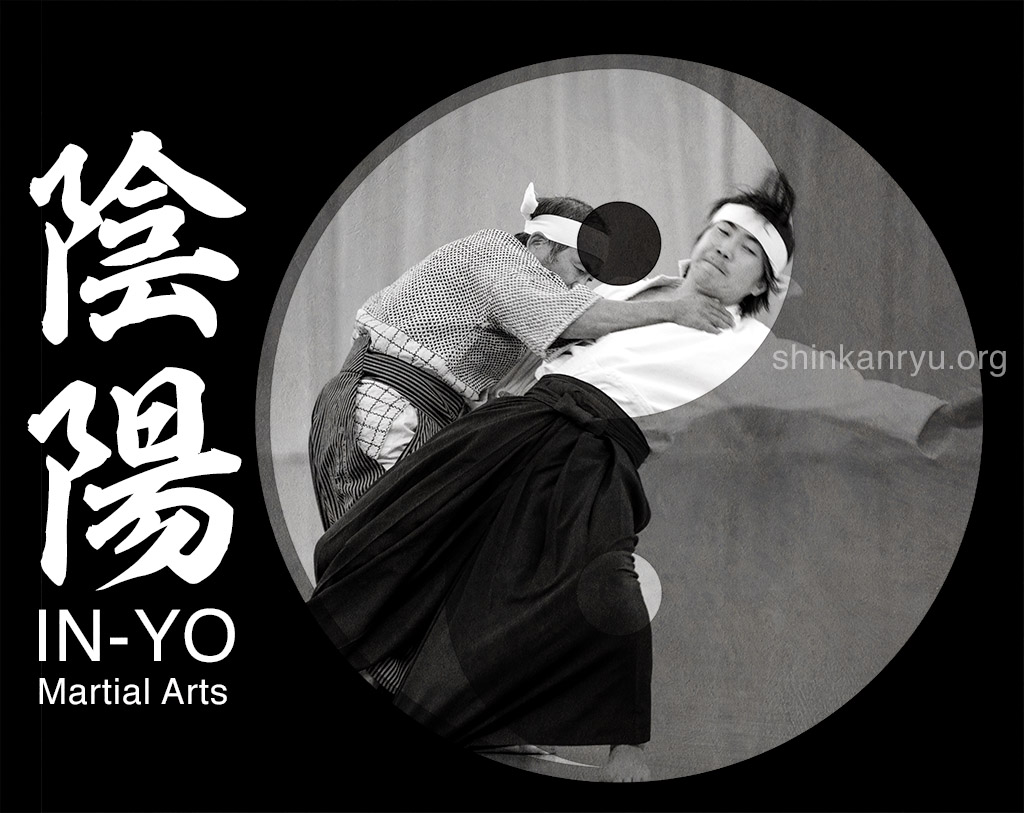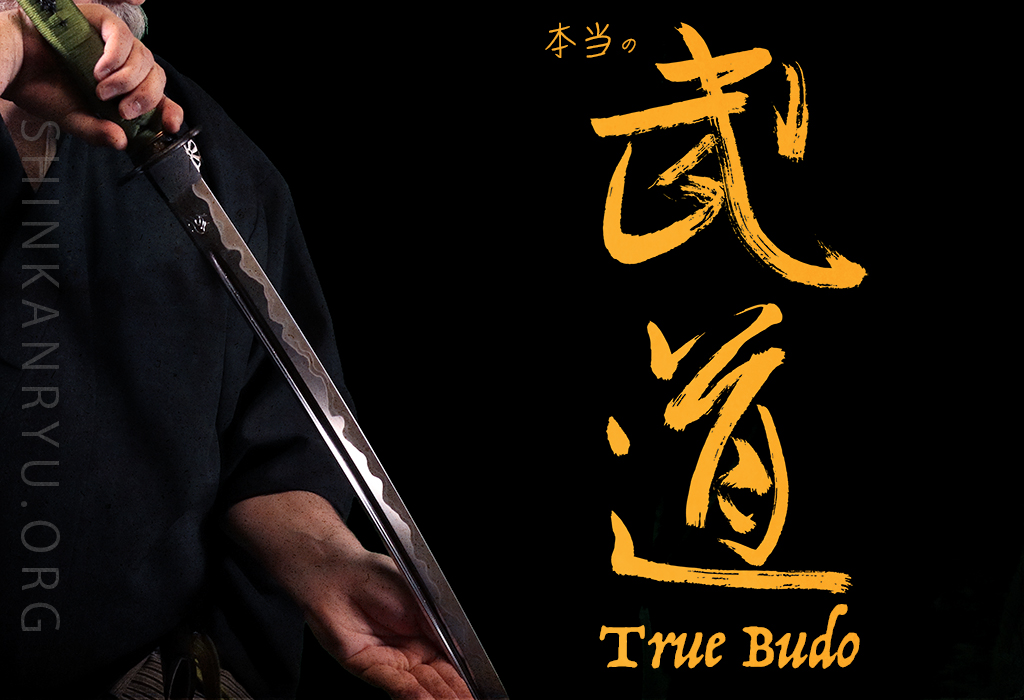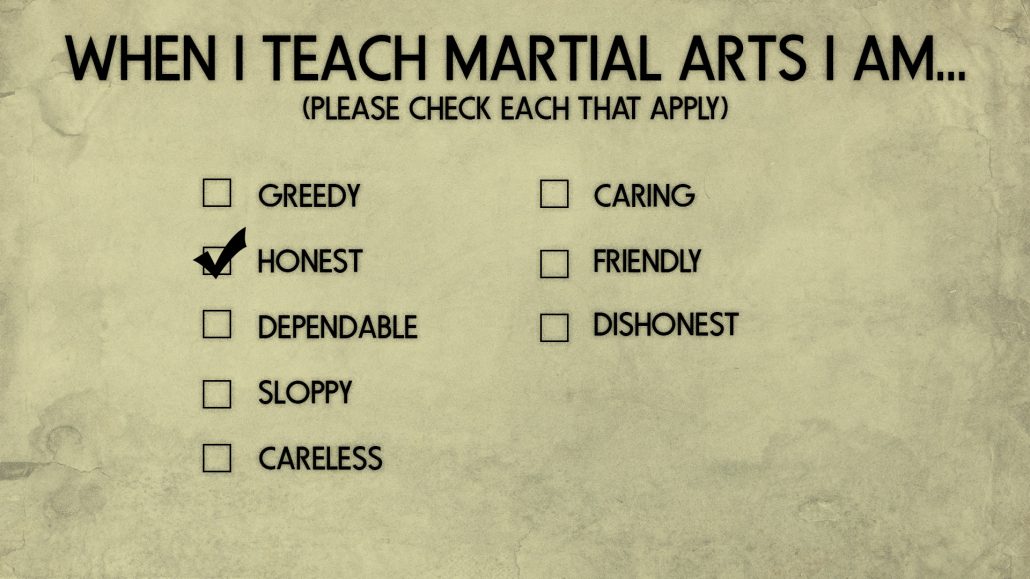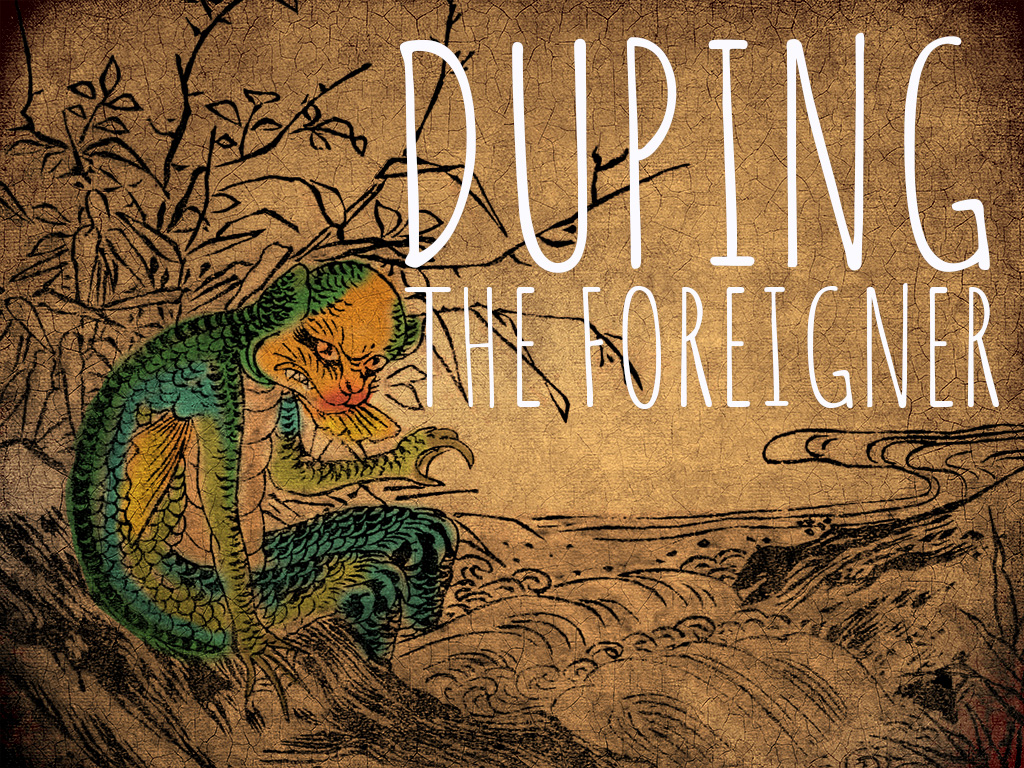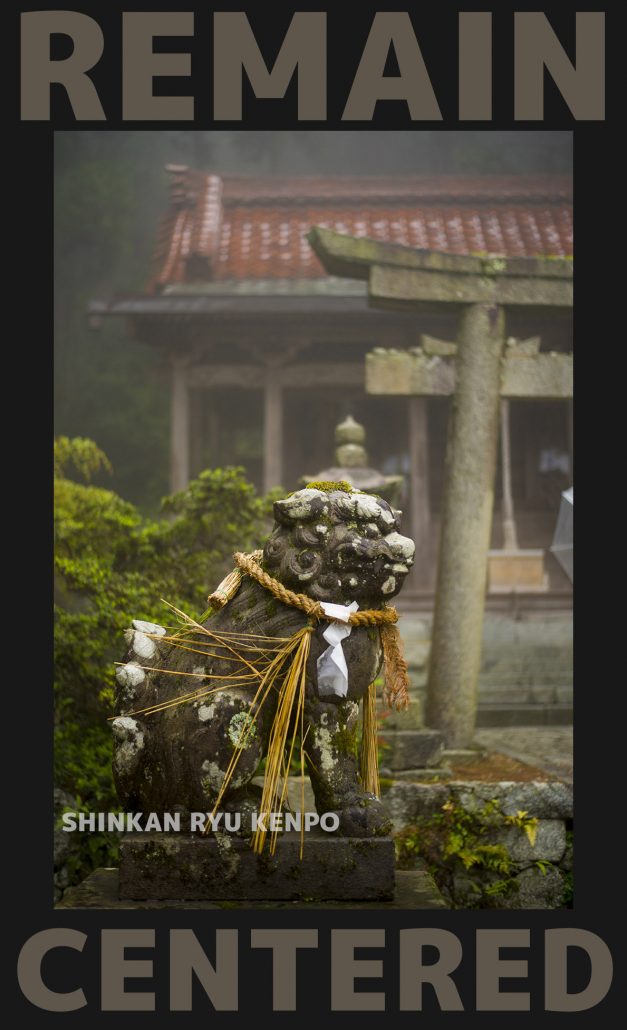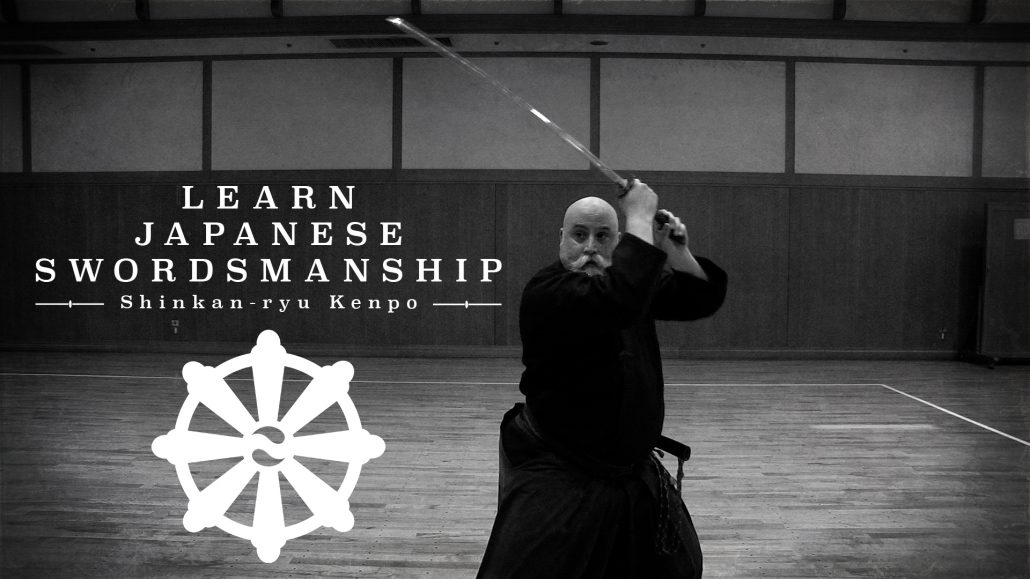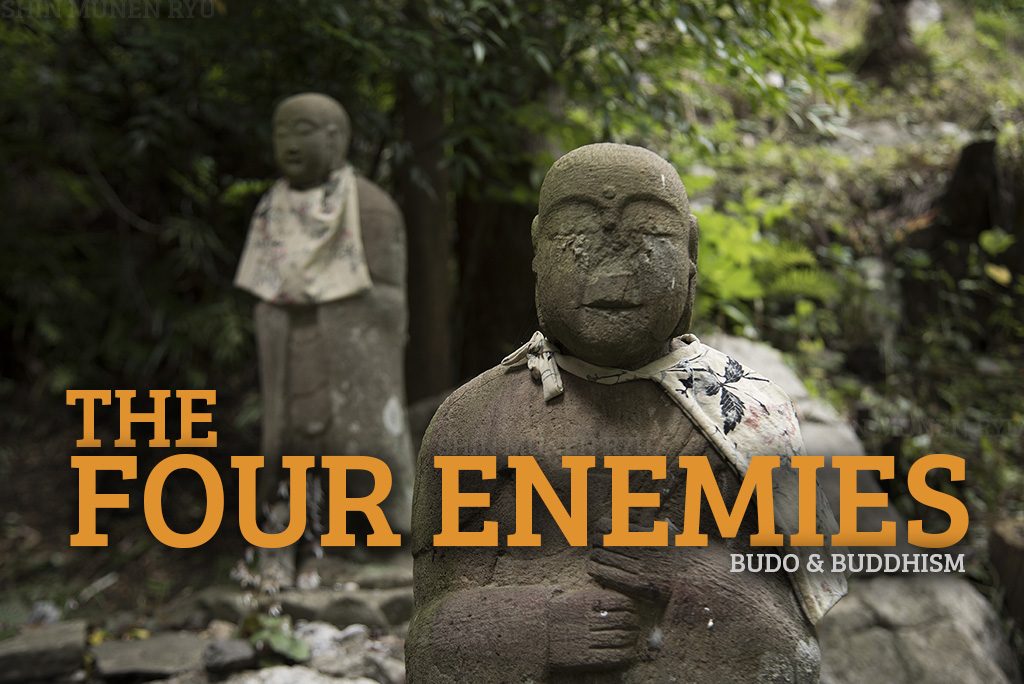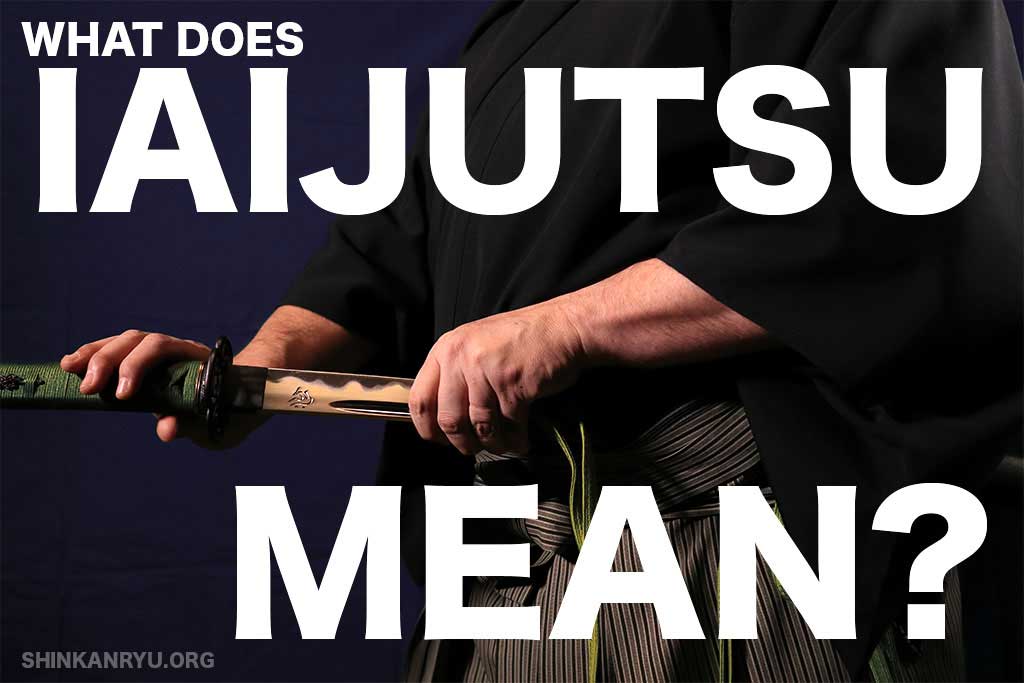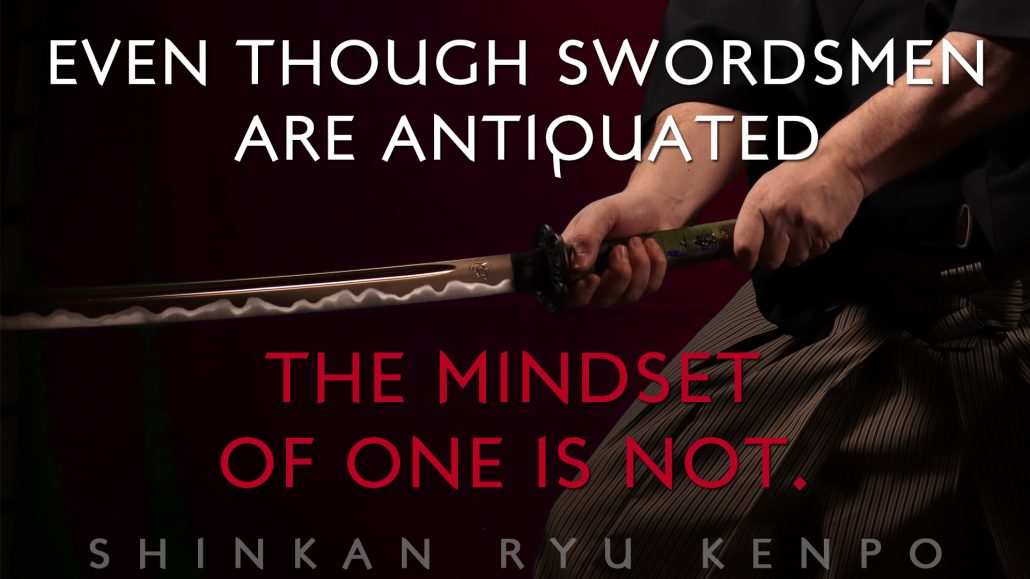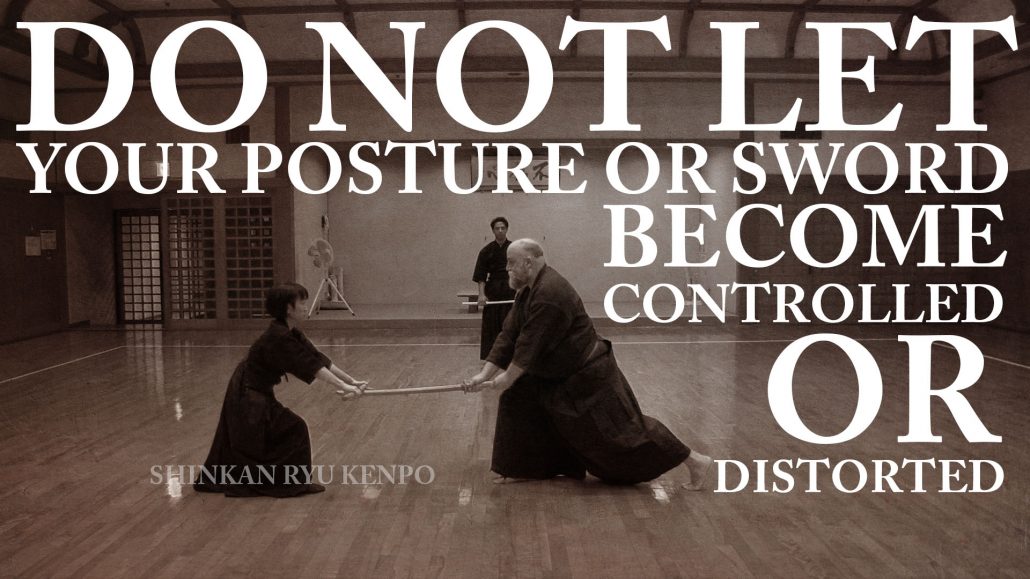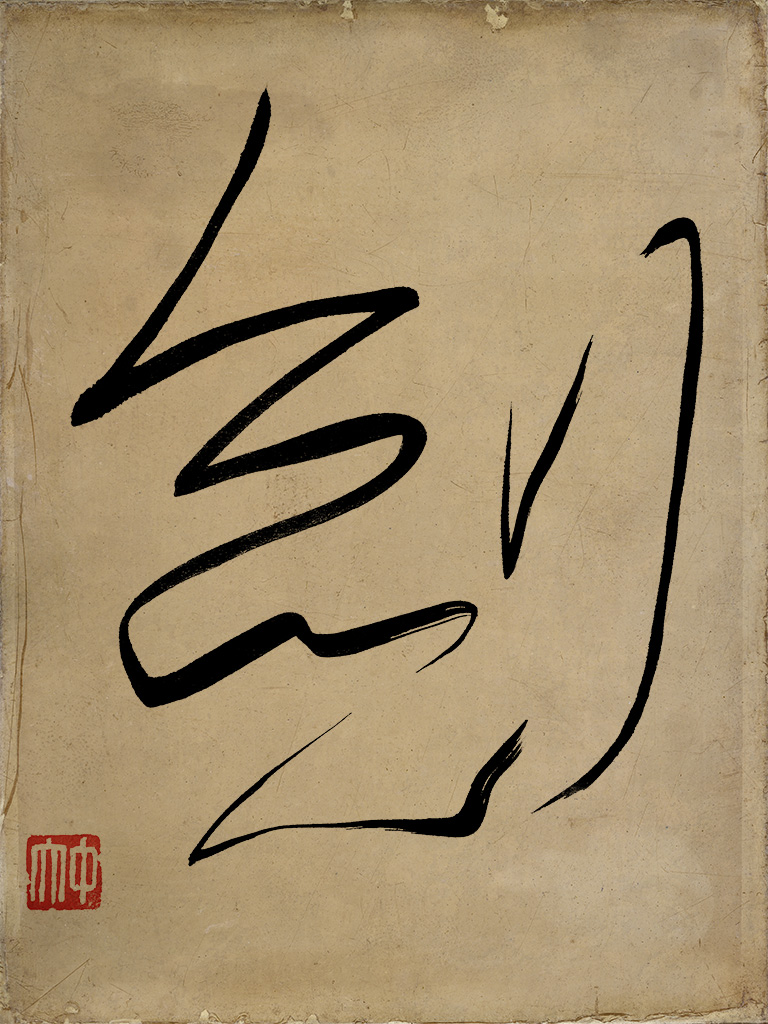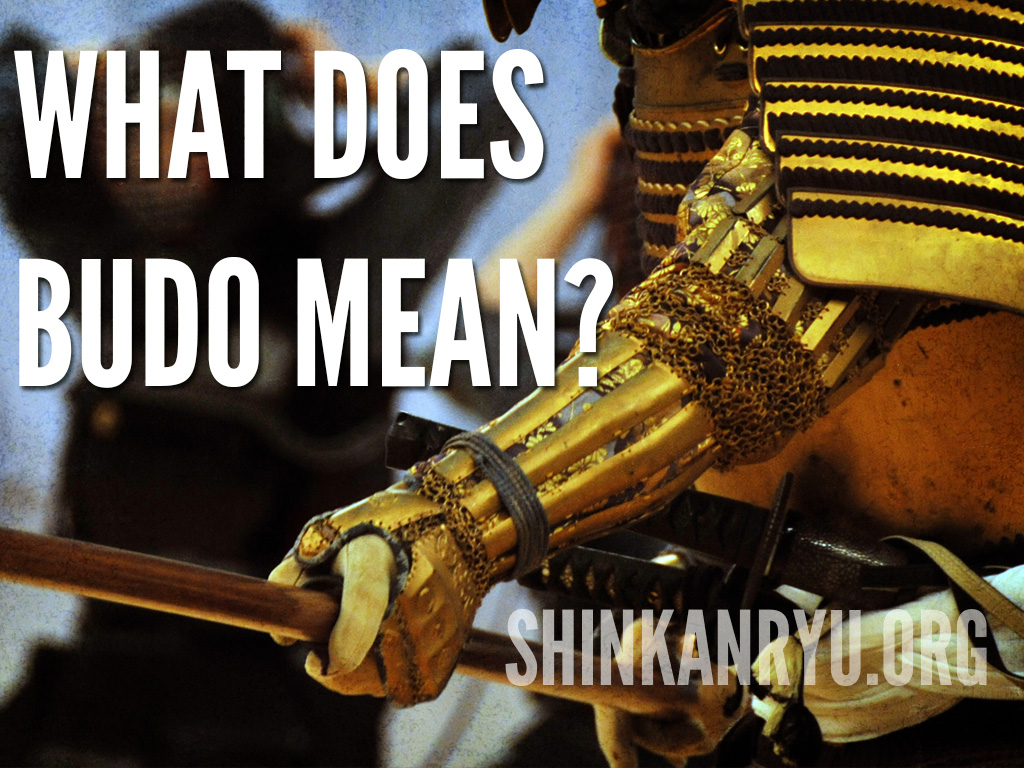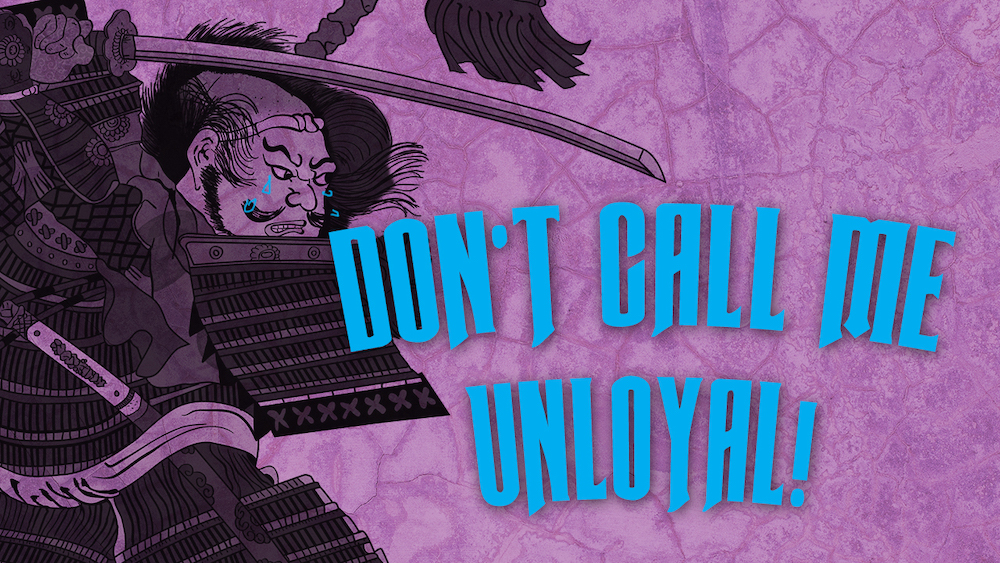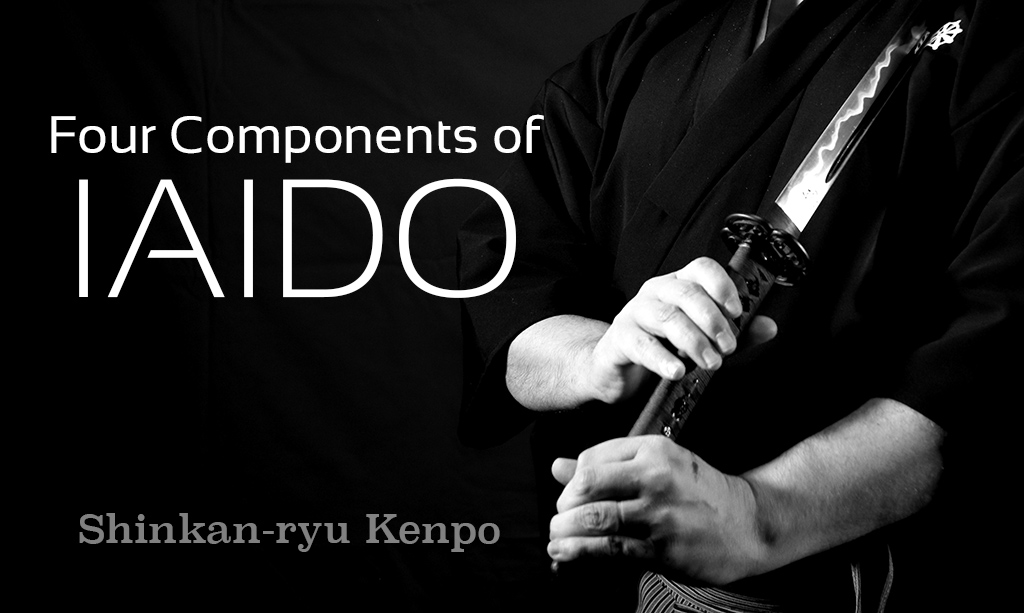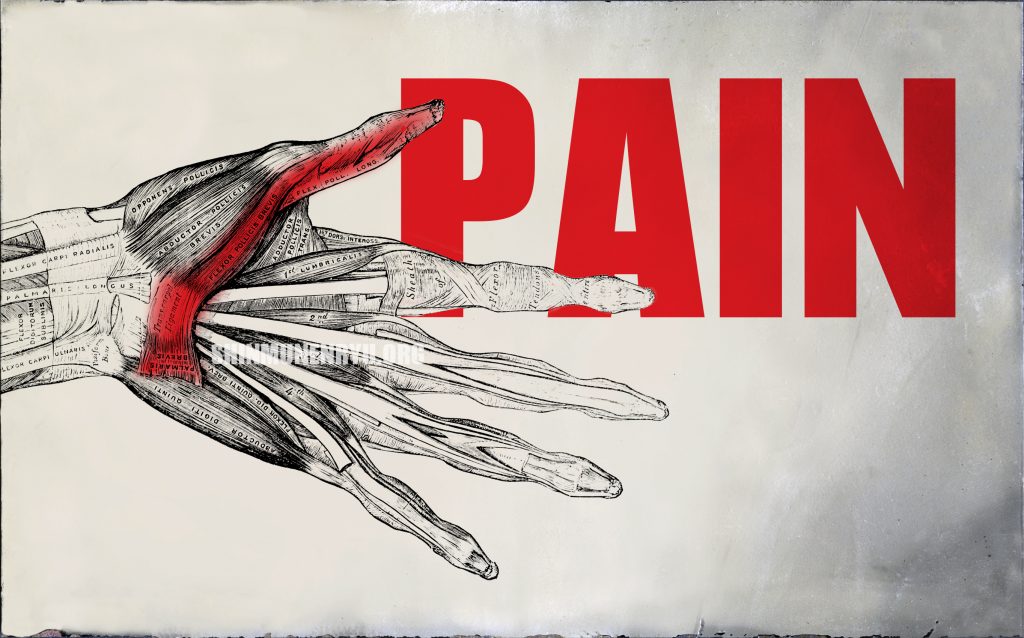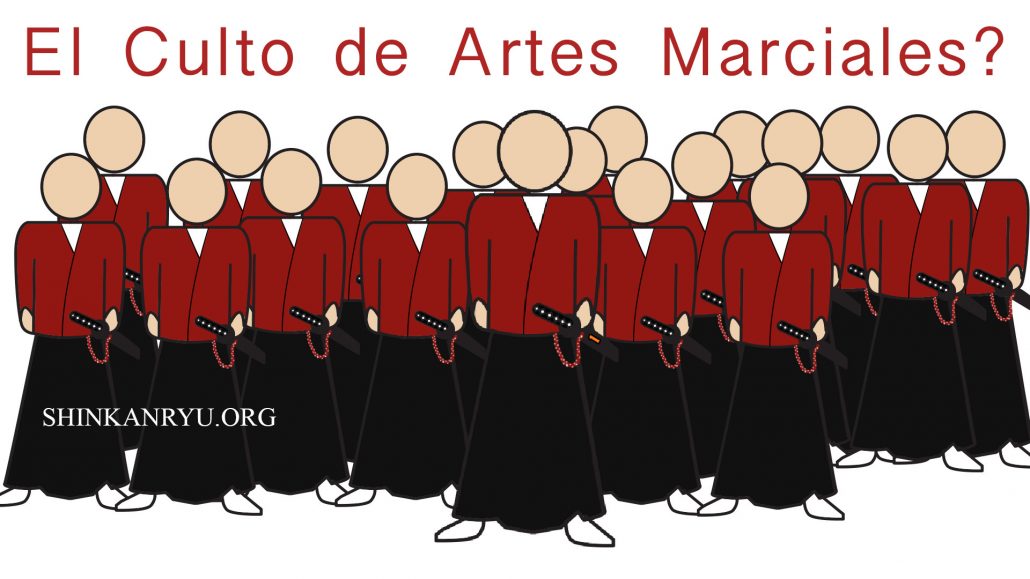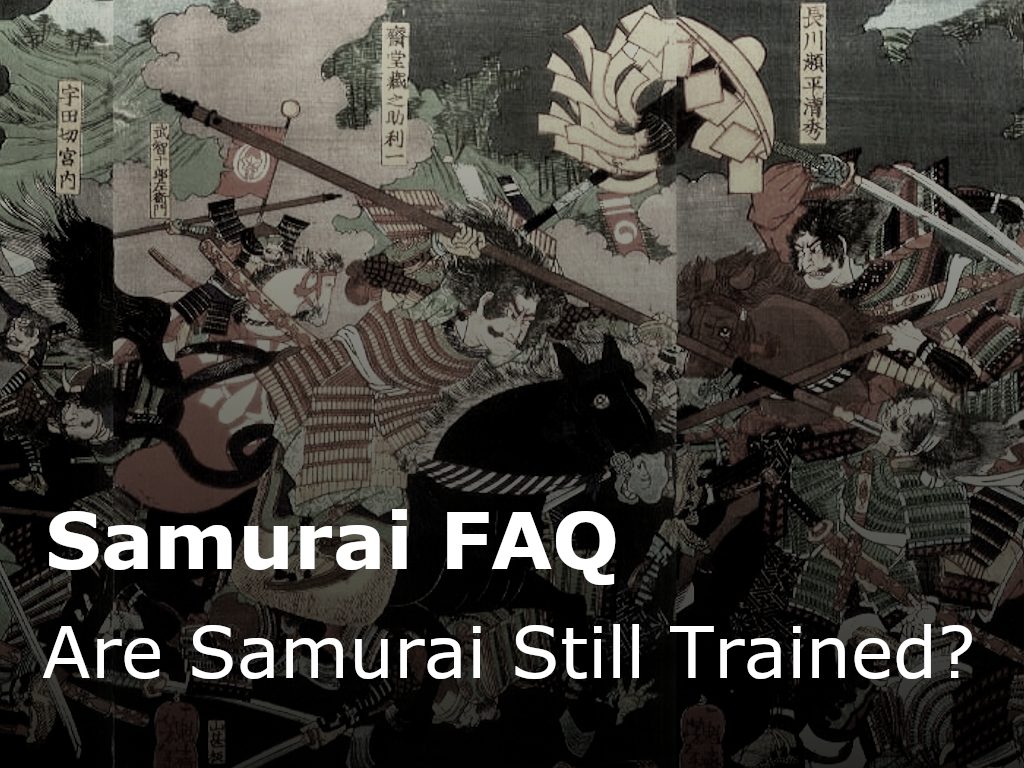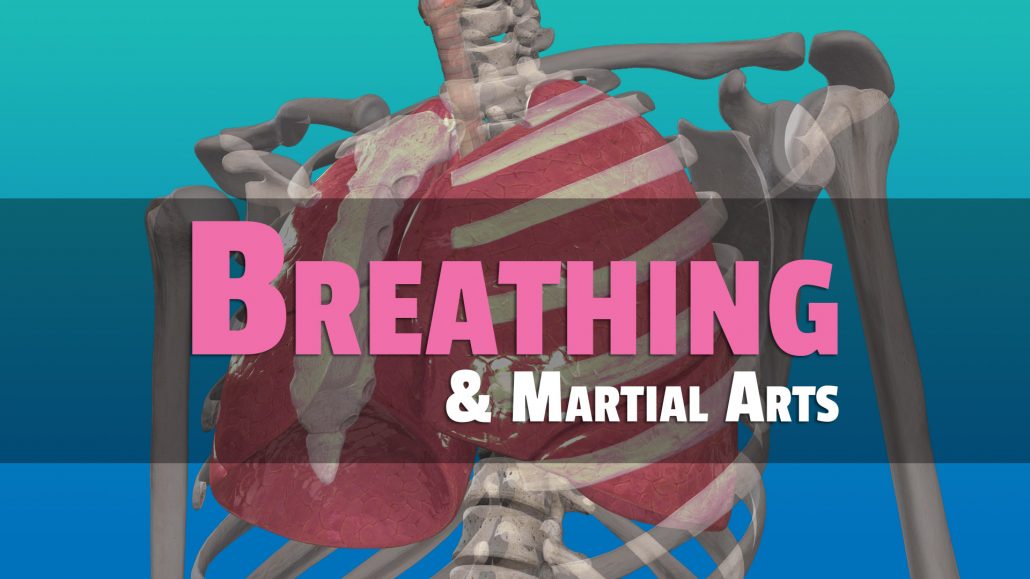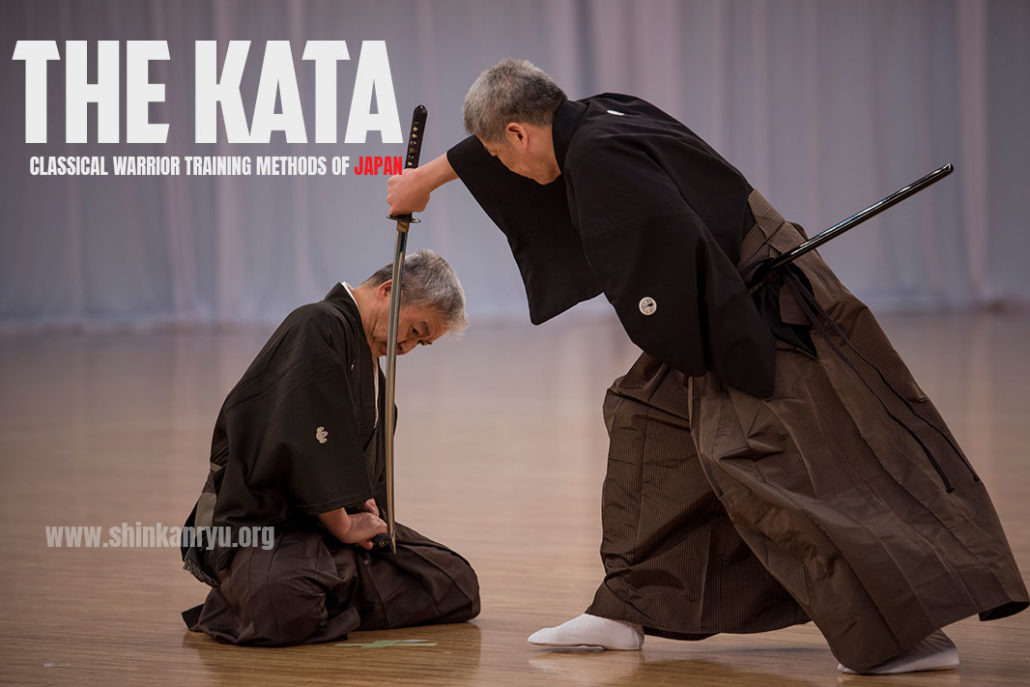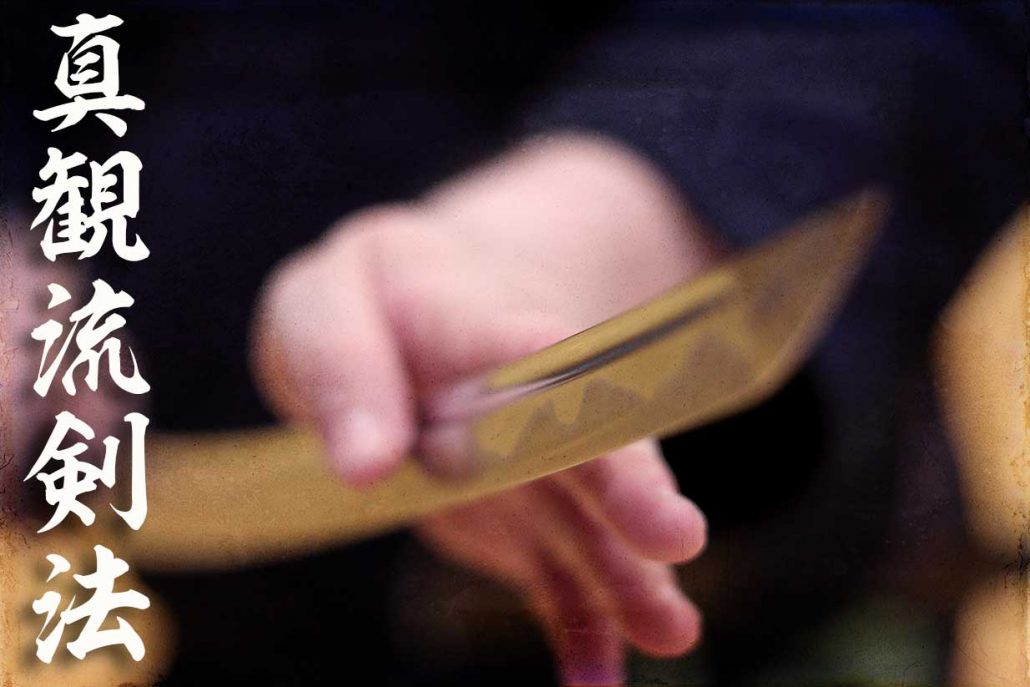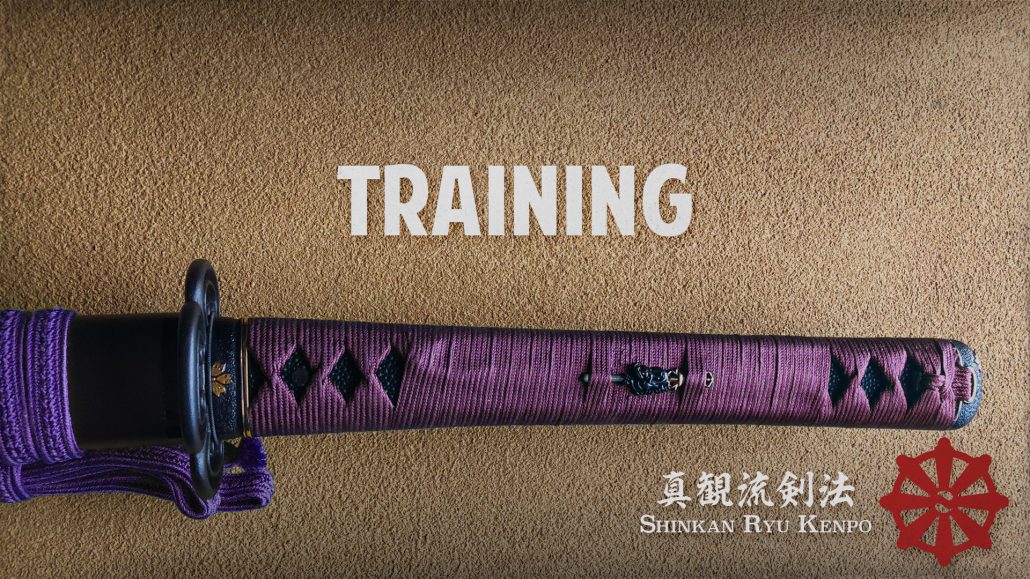Budo does not begin and end when you pass through the dojo, or step on and off a mat. Practicing musha shugyo when you have no teacher or group is still viable. Isolation is not an end state. Are you shut in your home without access to your teacher or dojo? Is there fear in your mind and those around you? Should you put your training on hold?
Now, more than ever, is it essential to maintain your practice. Practice does not mean physically swinging your sword or pinning your opponent off balance. Spiritual and emotional training should always be present.
Fear.
Certainly, there is always something to be afraid of. Presently with the coronavirus pandemic, those reasons for fear are numerous. Not only of our own health and mortality but also our loved ones passing away or being ill. Some of us are in jeopardy of losing our livelihood, food supply, and homes. These are all real situations now.
One of the first lessons in kenjutsu (or any martial art) is not to be afraid. It is not always a lesson your teacher sits you down to explain, but you come to face quite early on. There is regularly an opportunity for dread in bujutsu. Fear can be slight and nuanced. As a beginner, you might have a fear of practicing in a new dojo. You could be afraid of an individual's speed or power during training. Afraid to become hurt while training. Fear of losing in a match or being struck.
Our budō training is a stream that flows through our life and dōjō. It is a flow that connects all aspects of who we are and what we do. Our dojo thoughts and actions should not contrast those outside the dōjō
We should endeavor to understand our fear and its origins. Fear can be paralyzing and inhibit our actions. The ramifications of freezing physically and mentally are pretty apparent in martial arts. The feelings of fear and anxiety can become a snake eating its own tail causing endless issues.
It is essential to contemplate and be mindful in order to gain wisdom. Wisdom is the tool we use to look into fear and investigate its origins. This is something worth writing in a budo notebook or martial arts journal. I believe it is beneficial for not only cataloging your training and waza but for understanding the processes of our minds.
Fear produces emotional responses, and our intelligence is restricted. Making proper decisions and taking just action becomes difficult or impossible. The goal is not fearlessness per se. The goal is gaining wisdom for understanding and overcoming the fear that prevents us from growth and paralyzing our actions that need to be taken at that time.
Fear is one of the mental sicknesses in budō that should be investigated and overcome. Nothing is separating our budo practice with our life outside the dōjō. Thinking, "I have a lot to do so I will figure out myself later." does not work. The time is now. Time is fleeting, and we must apply our energies to understanding the truth and overcoming our weaknesses.
Coronavirus Pandemic & Martial Arts
Although Shinkan-ryū Kenpō online curriculum is still going on, our Renshinkan dojo here in Japan has been closed since February 29th. I do some physical iaijutsu and kenjutsu training outside. I do a little bit indoors as well. Although I have no space for it, I modify things and make do. Every day I am engaging my mind in wholesome manners and activities as part of my budo practice. Reviewing waza and notes. Meditating. Practicing shodō. I also enjoy books and films and cooking. It is essential to keep from being depressed or anxiety-ridden, especially during these trying times. It is difficult some times to maintain, but I do not give up. This isolation currently being imposed upon us without our choosing, however turning it into musha shugyo is within our choice. This current situation is our practice. It is why we study bujutsu.
Our budō training is a stream that flows through our life and dōjō. It is a flow that connects all aspects of who we are and what we do. Our dojo thoughts and actions should not contrast those outside the dōjō
I hope everyone is doing well. Please be smart and safe.

ラジカスキー真照
館長Saneteru Radzikowski is the head sword instructor of Shinkan-ryū Kenpō. He lives and teaches Iaijutsu and Kenjutsu from Nara, Japan.
Advance The Sword And Mind
No matter what, move. Advance. Unceasingly against whatever odds, internal or external, move towards the...
Be Thankful.Be Earnest In Bujutsu & Life
Be thankful for your mistakes, failures, and blunders. They are your own teacher reminding you...
正月 Bujutsu New Years 2019
To all of you that have supported and also those that have caused trouble to...
Practice. Time Is Fleeting
In #budo as well as life, in general, we should avoid wasting time. We need...
Happy Setsubun
鬼は外! 福は内! In our house we dont use beans to chase out the demons, we...
Wisdom Martial Arts Keiko & Buddhism
For those that lack wisdom the way is difficult. It is best to consider the...
What Is A Good Senpai In Budō?
I have discussed teachers and students within martial arts. The senpai-kohai relationship is just as...
Munen Muso And Mushin The Warriors Mind
What is the difference between munen and mushin? These concepts outline the ideal mental state...
Budō Practice & Sacrifice
[fusion_builder_container hundred_percent="no" hundred_percent_height="no" hundred_percent_height_scroll="no" hundred_percent_height_center_content="yes" equal_height_columns="no" menu_anchor="" hide_on_mobile="small-visibility,medium-visibility,large-visibility" status="published" publish_date="" class="" id="" background_color="" background_image="" background_position="center...
The Warrior Paradox
The True Spirit of Martial Arts: Beyond the Skilled Sword In the world of Japanese...
Practice
The car at the bottom of the hill needs a sustained gas pedal to move...
Iaido Tachi & Seiza Waza
Demonstrations of unique iaijutsu and complimentary techniques between standing and sitting.
Is Compassion Important In Martial Arts?
What is compassion? Compassion is a concern for the suffering or problems of others. The...
Budo Thoughts: Practice is life.
Practice is life. Life is practice. Enjoy them together. Enjoying morning keiko outdoors. The smell...
Respect is a two way street in martial arts
Respect is a two-way street, however, how many people are driving recklessly? “If you want...
Secrets of Swordsmanship: In-yō. Ying & Yang
I wanted to talk about IN-YŌ 陰陽, or more commonly known as yin & yang....
What is true budo?
Studying the arts of fighting leads to peace. The pursuit of martial arts has one...
Honesty and the Martial Arts Hermit. Being a good budō teacher and student.
When people want to find a martial arts teacher, do they often think of mister...
Duping The Gaijin – Martial Arts Fraud
Some Japanese schools or individuals wish to capitalize on the ignorance of non-Japanese martial artists...
Bujutsu Centering
When practicing bujutsu we should always work on being centered. For non-practitioners, it is also...
Fear Isolation Martial Arts
Budo does not begin and end when you pass through the dojo, or step on...
Learning Iaido Online: The Japanese Art of the Sword
Learning Iaido online is a wonderful challenge. Iaido or Iaijutsu can be deceptively simple in its...
Four Enemies
Four Friends. Four Enemies. One morning while on alms rounds the Buddha gave a heap...
What Does Iaido & Iaijutsu Mean?
Iaijutsu and iaido are components of kenjutsu 剣術, the arts of the sword. Iaijutsu, iaido...
Secrets of Swordsmanship: In-yō. Ying & Yang
I wanted to talk about IN-YŌ 陰陽, or more commonly known as yin & yang....
Be Thankful.Be Earnest In Bujutsu & Life
Be thankful for your mistakes, failures, and blunders. They are your own teacher reminding you...
When Protectors Become Perpetrators: Martial Arts Community Failures
Recently, a martial arts instructor (Budo Teacher) faced defamatory accusations in a public forum. A...
The Old Is Not Distant
This is important to understand when practicing historical or classical martial arts. Although the sword...
Sword Control
We should not let our mind or body or sword become contorted or controlled by...
A Disease of the Swordsman
The Sword and its study. Hesitation (doubt) is one of the four diseases in swordsmanship....
What does Budō mean?
I’d like to discuss briefly discuss what Budo or Bujutsu means. I’m not a scholar...
Respect is a two way street in martial arts
Respect is a two-way street, however, how many people are driving recklessly? “If you want...
The Samurai and unwavering loyalty
The Samurai have been portrayed in popular culture as noble and faithful warriors who strictly...
Components of Iaido Iaijutsu
[fusion_builder_container hundred_percent="no" hundred_percent_height="no" hundred_percent_height_scroll="no" hundred_percent_height_center_content="yes" equal_height_columns="no" menu_anchor="" hide_on_mobile="small-visibility,medium-visibility,large-visibility" status="published" publish_date="" class="" id="" background_color="" background_image="" background_position="center...
Pain & Training In The Martial Arts
Pain & Training Pain is a universal dilemma. Especially for those in sports or martial...
Estás Involucrado en un Culto de Artes Marciales?
Recientemente tuve una conversación con alguien que se refirió a su escuela como una genuina...
正月 Bujutsu New Years 2019
To all of you that have supported and also those that have caused trouble to...
Samurai F.A.Q
Are samurai still trained in Japan? Are there samurai schools? The short answer is, No.Samurai...
Martial Arts Breathing
The spirit of the sword is the breath. Breathing Physiology What’s so crucial about martial...
Wisdom Martial Arts Keiko & Buddhism
For those that lack wisdom the way is difficult. It is best to consider the...
Kata: Classical Japanese Samurai Training Method
Bujutsu Kata Training in martial arts can be done in different ways. One of the...
What is true budo?
Studying the arts of fighting leads to peace. The pursuit of martial arts has one...
Narrow Minds Walk Narrow Paths
Narrow Minds Walk Narrow Paths There are a lot of martial arts to enjoy. There...
How To Avoid Training Pitfalls In Martial Arts
Beware The Rabbit Holes. I want to talk about some pitfalls of martial arts training....


